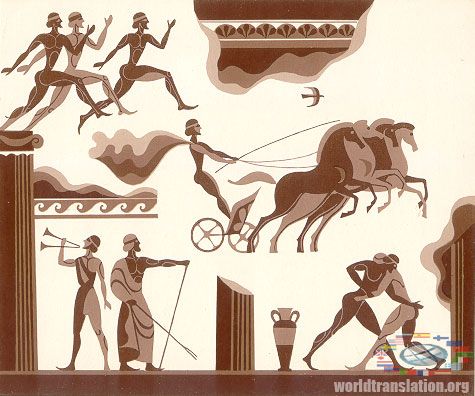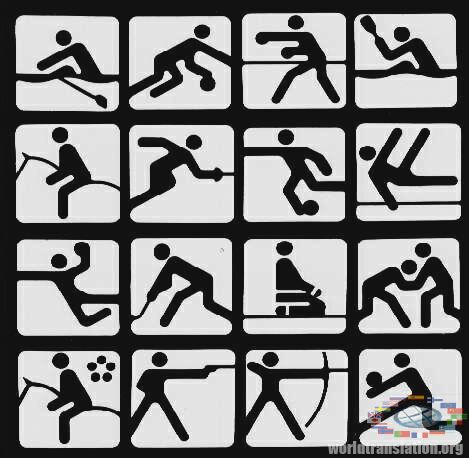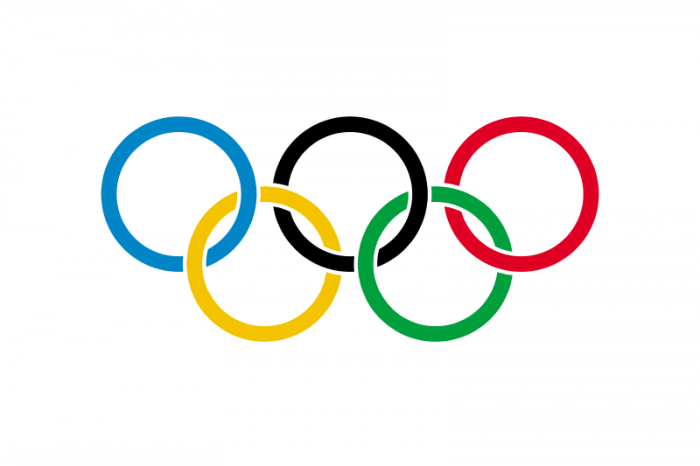Olympic Games: History.

The tradition of holding the Olympic Games began in ancient Greece.
At that time sport events, which moreover had the religious load were held in the ancient city of Olympia (the name of competitions came exactly from here). The first documented mention of the Olympics is associated with the name of Hercules and dates back to 776 BC. However, most historians believe that tradition to organize these events has arisen in the earlier period.
Olympic Games were carried out in Greece for more than six centuries, until they had been banned in 394 by Theodosius - an Emperor of the Holy Roman Empire, who considered these competitions, as a sign of the paganism.
The revival of the Olympic traditions associated with the name of a prominent French public figure of Pierre de Coubertin.
Thus, the eighteenth century in the history of science is associated with increased interest to the past, during which numerous excavations were carried out in the proposed locations of the ancient cities of the Hellenistic culture.
In 1766, during the excavation of ancient Olympia, the archaeologist have found numerous sports facilities. At the same time, on the background of studying the ancient history, in Europe began to revive the idea of the Olympic movement. The main inspirer of the revival of the tradition of holding the Olympic Games was baron Pierre de Coubertin. Exactly he said: "Germany excavated what was left of ancient Olympia. Why France can not restore the old glory? "
In the opinion of social activist, that the Olympics should help to unite the world community to achieve a single goal - eliminating of war on the Earth.
In June 1894 at the University of Sorbonne (Paris, France) was an international congress, which took the decision to resume the tradition of holding the Olympics. Symbolically, the capital of the first Olympics which took place in 1896, became Athens as followers of the glorious history of the ancient state. Also in 1894 the International Olympic Committee (IOC) was formed, and greek Demetrius Vikelas was elected it first president. Baron Pierre de Coubertin was elected a general secretary of the IOC. Already the first Olympic Games justified all the ideas of realization of such a big project. Olympics passed with grandiose success, despite the fact that only 241 athletes participated in the competitions, who represented 14 countries. After carrying out of competitions leaders of Greece even offered to fix the right to host the the Olympic Games in Athens forever, however, it was decided otherwise - according to which major sporting events had to take place every four years in different countries, or if be exact in cities, since exactly cities were awarded with this right.
Already the first Olympic Games justified all the ideas of realization of such a big project. Olympics passed with grandiose success, despite the fact that only 241 athletes participated in the competitions, who represented 14 countries. After carrying out of competitions leaders of Greece even offered to fix the right to host the the Olympic Games in Athens forever, however, it was decided otherwise - according to which major sporting events had to take place every four years in different countries, or if be exact in cities, since exactly cities were awarded with this right.
At the present stage in the program of Olympic Games 28 summer sports are included, such as: rowing, badminton, basketball, boxing, wrestling (freestyle and Greco-Roman), bike (BMX, track, mountain bike, road bike), aquatic sports (water polo, swimming, diving, synchronized swimming), volleyball (volleyball, beach volleyball), handball, golf, gymnastics (artistic gymnastics, rhythmic gymnastics, trampoline), rowing and canoeing (kayak and canoeing, rowing slalom), judo, equestrian sports (dressage, show jumping, eventing), athletics, tennis, sailing, rugby, modern pentathlon, shooting, archery, table tennis, triathlon, taekwondo, weightlifting, fencing, football , and field hockey.
 The largest number of gold medals in the history of the modern Olympic Games were won by the United States of America (929), second place - the Soviet Union (395), the third - Great Britain (207).
The largest number of gold medals in the history of the modern Olympic Games were won by the United States of America (929), second place - the Soviet Union (395), the third - Great Britain (207).
Liechtenstein is the only one country in the world that has not won medals at the Summer Olympics.